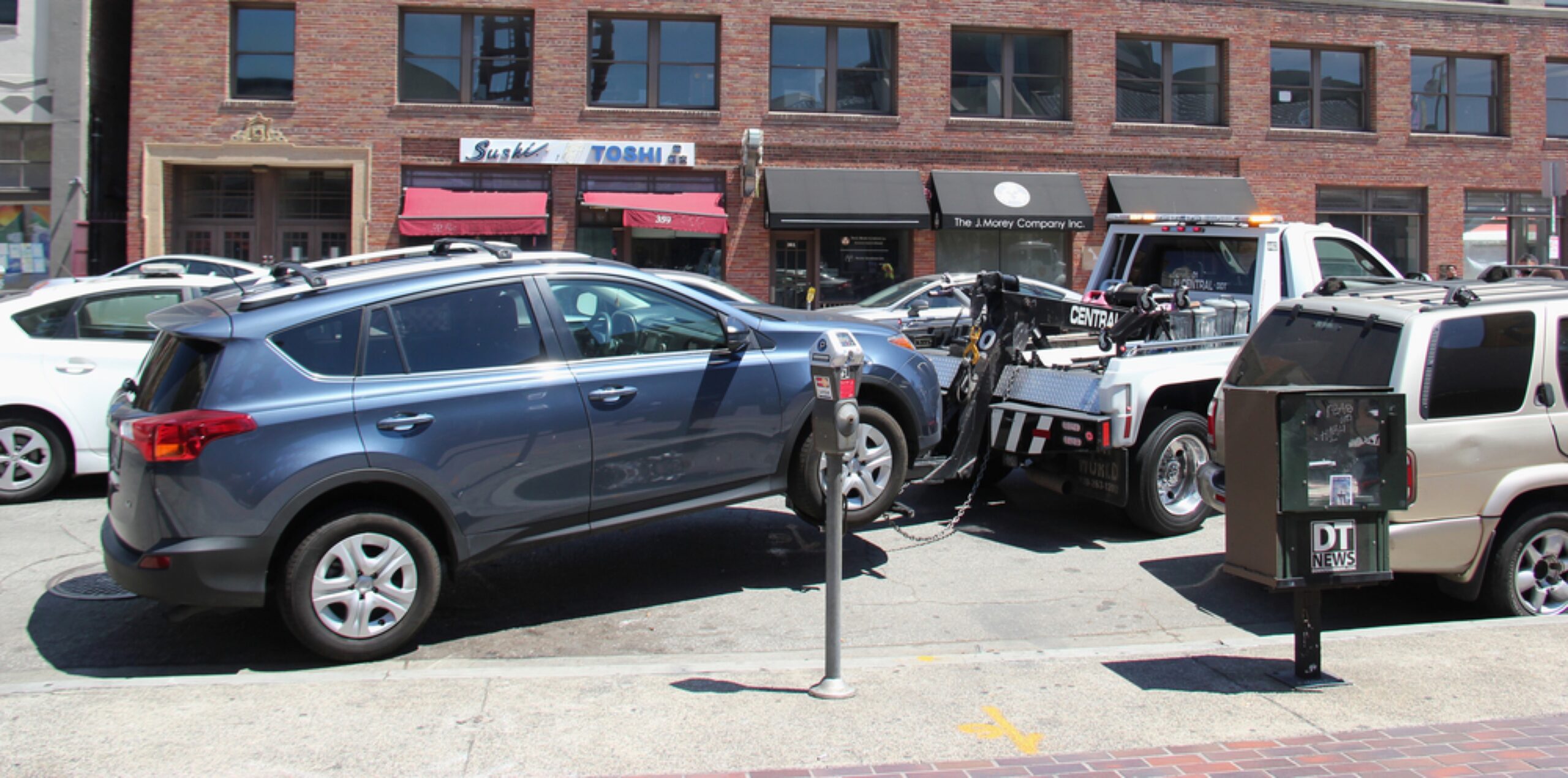If you violate bail conditions, serious consequences can occur, potentially leading to the revocation of bail and further legal trouble.
Here’s what typically happens if you violate bail conditions…
- Arrest Warrant – If you violate bail conditions, the court may issue a warrant for your arrest. This means that law enforcement can arrest you and return you to custody.
- Revocation of Bail – The court may revoke your bail if you violate the conditions. This means that you will be held in custody until your next court appearance or until the resolution of your case.
- Loss of Bail Money or Collateral – If you or someone else posted bail on your behalf, you may lose the bail money or collateral that was used to secure your release if bail is revoked due to a violation of conditions.
- Additional Charges – Violating bail conditions can lead to additional criminal charges, such as contempt of court or failure to appear in court.
- Increased Bail or Denial of Bail – If you violate bail conditions, the court may set a higher bail amount for any future release or may deny bail altogether.
- Negative Impact on Case – Violating bail conditions can have a negative impact on your case. It may affect the court’s perception of you and could influence decisions related to plea bargains, sentencing, or other aspects of your legal proceedings.
Take bail conditions seriously and comply with them fully to avoid these consequences. If you believe that you may have difficulty meeting the conditions of your bail, it’s essential to discuss your situation with your attorney as soon as possible. They can provide guidance on how to address the issue and may be able to request a modification of the conditions from the court.





